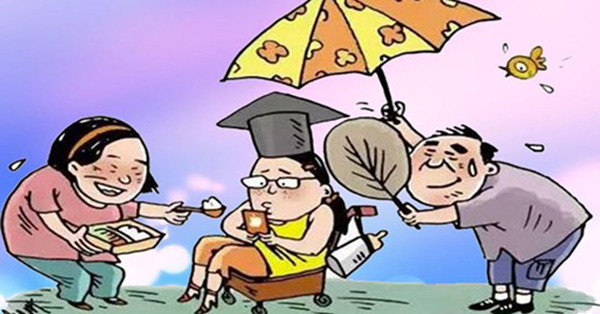A woman's "time of the month" has been blamed for everything from mood swings to their eating habits, but new research is now suggesting that it also has a strong influence on the way women shop.
Psychologists at Hertfordshire University have found that women spend more money during shopping sprees towards the end of their menstrual cycles.
The study revealed that women in the last 10 days of their menstrual cycle, known as the luteal phase that proceeds their period, were more likely to overspend while shopping and are also more prone to making impulse buys.
She said: "The later women were in their menstrual cycle, the more likely they were to have overspent. Spending was less controlled, more impulsive and more excessive for women in the luteal phase.
"The spending behaviour tends to be a reaction to intense emotions. They are feeling very stressed or depressed and are more likely to go shopping to cheer themselves up and using it to regulate their emotions. It is also a socially sanctioned way to deal with emotional overload compared to turning to drink or drugs."
Professor Pine asked 443 women aged between 18 and 50 years old about their shopping behaviour over the past seven days and compared their answers to the stage of their menstrual cycle.
The findings, which she will present on Thursday at the annual conference of the British Psychological Society in Brighton, showed that the 153 women who were in the later stages of their menstrual cycle had less control over their spending behaviour.
Almost two thirds of the women reported buying something on impulse while 57 per cent said they had overspent by more than £25, and 6 per cent admitted to spending £250 or more than they had intended to.
Hormonal changes that occur every month during a woman's menstrual cycle are known to drive impulsive behaviour and can lead to negative emotions such as depression, anger and stress.
Professor Pine, who has recently published a book on women's relationship with money called Sheconomics, said that the women who took part in the study also reported suffering from greater "buyer's remorse" if they had been shopping at the end of their menstrual cycle.
She added: "If women are worried about their spending behaviour then they should avoid going shopping at the end of their menstrual cycle by planning to do something else instead of that weekend trip to the high street."
Selina Hare, 35, a student at Manchester University, said her spending behaviour grew so erratic towards the end of her menstrual cycle that she went to see her GP for help. She said: "I get seized by this impulse to buy things and become anxious if I don't buy them – it is almost as if I can't breath without them. It sounds absurd but I found this was happening every month.
"Recently, I decided I needed shoes with heels and I bought wedges in different colours. I always wear flat shoes so a week later I just thought it was ludicrous I had bought these shoes; they just sit in the wardrobe now.
"I have quite expensive tastes anyway, so it can leave quite a dent in the bank balance."
According to the National Association for Premenstrual Syndrome, around 90 per cent of women experience some of the symptoms of PMS, but just five to 10 per cent suffer them severely.
telegraph.co.uk







